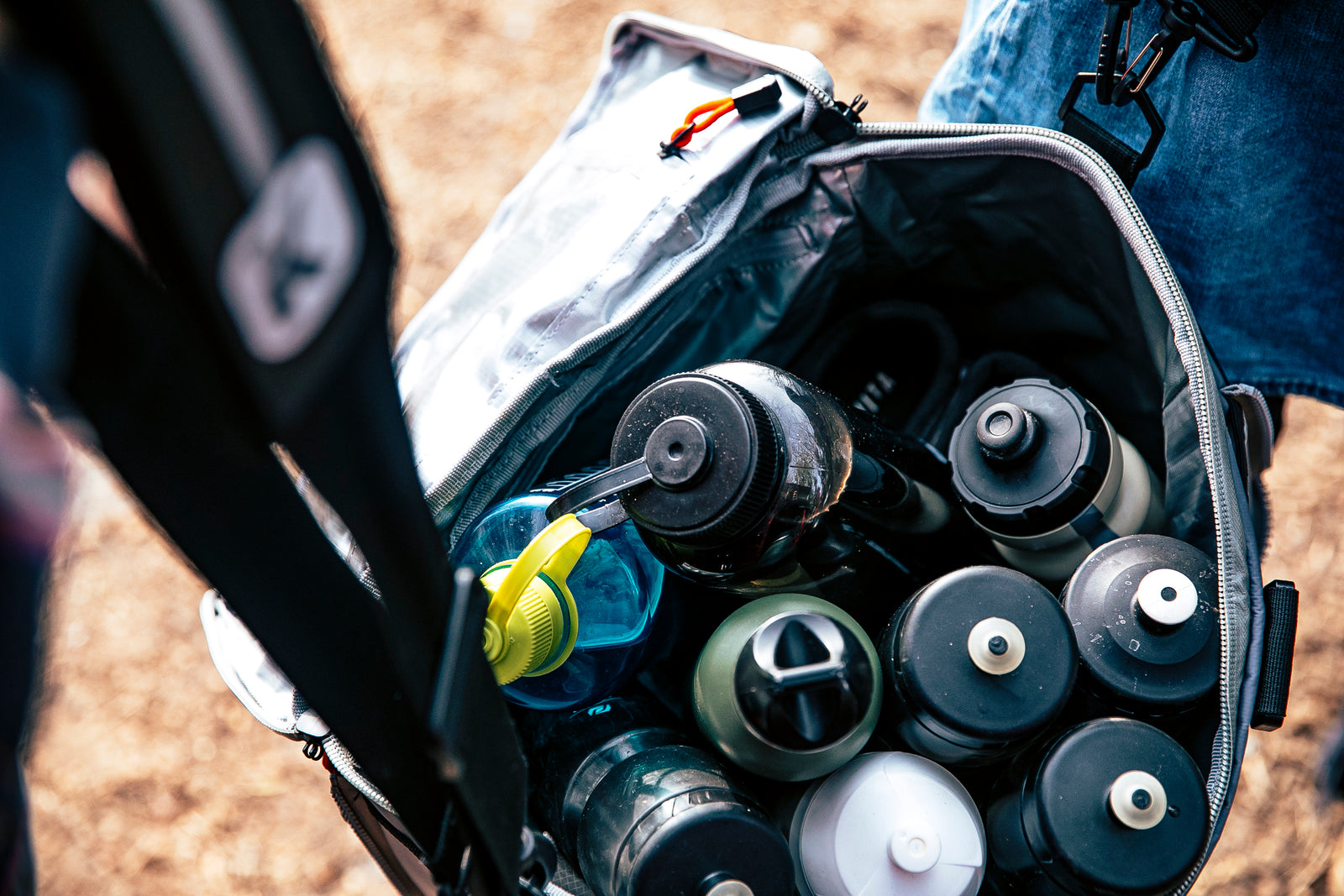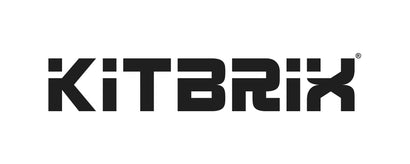
What to Eat Before an OCR Race
February 07, 2020 4 min read
It always pays to be prepared, and that includes what you eat before (and after) an OCR race. What you put in your body can make or break your performance on race day, which is why it is important to plan ahead. The food and drink you consume will be your source of energy during the race and can shave minutes off your race time. So without further ado, here are what foods Kitbrix recommends…
What to eat the night Before an OCR Race
What you eat the night before an OCR will prep your body for the big day ahead. Carbohydrates should be high on your list as they will fill your liver with glycogen, which is what will fuel your muscles and help with post-race recovery. Protein is another important one too. Protein will slow down your digestion and help maintain a consistent level of energy, just what you need when you are pushing for the finishing line. A solid option would be something like chicken stir fry with your favourite carbohydrate, either brown rice, noodles or pasta. Another tip is to add an extra spoonful or two to your plate for an added boost. Don’t forget to add a few glasses of water to your evening meal too!
What to eat the morning of an OCR Race
What you eat the morning before an OCR race is arguably the most important. It is recommended to fuel up with a healthy breakfast 2-3 hour prior to the race. This will give your body plenty of time to digest whilst still benefiting from the energy. If you eat directly before the race your blood supply will be going to your muscles instead of digesting, leaving you with a debilitating cramp or nausea. The last thing you need during the big race. Your breakfast should include a little bit of everything; protein, healthy fats and complex carbohydrates. However, avoid trying new foods on the morning of the OCR race and stick to what you know your body can handle. Some good options include porridge, fresh fruit, peanut butter, almonds and a glass or two of water.
What to eat during an OCR Race
After all the hard work it takes to train for an OCR you don’t want to fall at the last hurdle and have your performance inhibited by thirst or hunger. For every hour of exercise you are doing, you should be consuming between 30-60 grams of carbohydrates. With OCR’s typically lasting more than 60 minutes, it pays to come prepared. It is also important to take into consideration the climate you will be racing in. If it is extremely warm you will need to be hydrating consistently and more than you might think. Whilst eating a snack or carrying a flask whilst running, or carrying a banana on your person might be a bit too much hassle, there are some easy on-the-go solutions. Gel packs are a great source of energy which you can store in your gloves or clip to your belt, or even powdered electrolytes that can be added to water can help you refuel on the go. As for keeping hydrated, there are typically water stations positioned throughout the race, and the cardinal rule is ‘drink when you’re thirsty’. Your body will tell you when you need to replenish.
What to eat after an OCR Race
Whilst it might be tempting to celebrate straight after the race with an alcoholic beverage, the 15-30 minutes post race are when your muscles are primed for recovery and require fuel to do so. It is recommended to consume 40-50 grams of carbohydrates and 15-25 grams of protein immediately after which equates to 240-300 calories, so a light snack will do! Some great post-OCR snacks include a peanut butter sandwich, a milkshake or even cereal with milk or yogurt.
What to eat the evening after an OCR Race
Once you’ve managed to finally rinse the remaining mud from your hair and dressed in your warm dry clothes it’s time to settle in, rest and tuck into your evening meal. After a day full of exercising and adrenaline you’ll want to tuck into a hearty meal of lean fish and lots of green veggies. Fish and greens have lots of anti-inflammatory properties which will aid your recovery process and ease sore muscles.
At the end of race day, once you’ve finished celebrating your OCR run, it’s always worth reviewing what you ate and thinking about what worked for you and what didn’t. All of our bodies are different and have different needs, so it’s always worth tailoring what you eat before an OCR race and when to your individual needs.
Top tips from our ambassador Adam...
Since 2012 I have completed in excess of 200 Obstacle events, so I like to think of myself as a bit of a pro in pre-OCR nutrition. During that time I have participated in a mixture of Cross Country, long distance trail events and Obstacle Course Racing.
Despite the difference in disciplines the basic my pre-race nutrition has remained very much the same. The food is similar but the quantities vary depending on how long I expect to be out in the field. The more energy I will be exerting, the more fuel I'll need. As I have never; yes NEVER, been hungry during an Obstacle race, no matter the intensity and or distance I must be doing something right. Here is my simple but effective pre-event nutrition process 2 ½ hours before an event:
- Honey dew melon (Quantity varies)
- 1 or 2 boiled egg/s
- Small piece of toast
- Water (occasionally I include electrolytes and/or Dioralyte)
- Sometimes I have a cup of tea too as a treat.
When racing long distance, I usually carry some dried mango in case I need an energy boost, but I have rarely used it so it gets eaten at the end.
Happy racing!
If you want to learn more about OCR racing such as ‘what to wear to an OCR race’ you can read our blog here.
Leave a comment
Comments will be approved before showing up.

